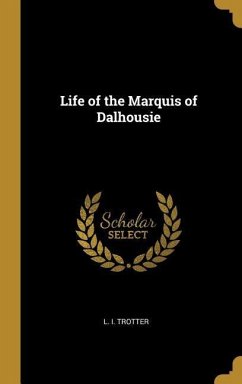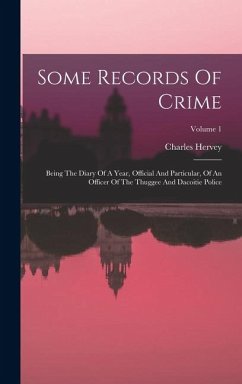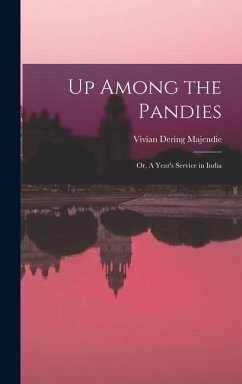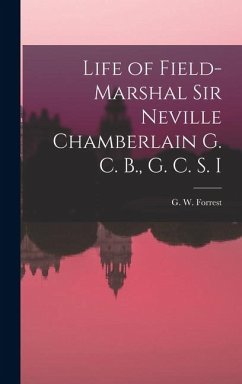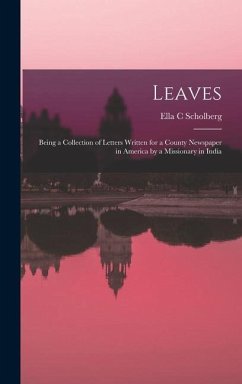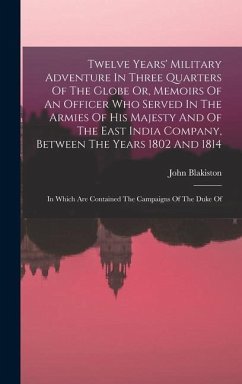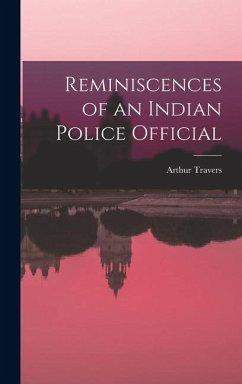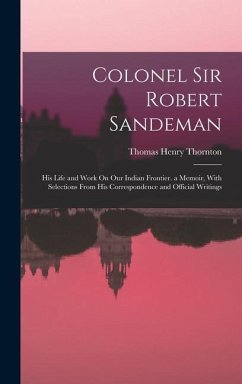Nicht lieferbar
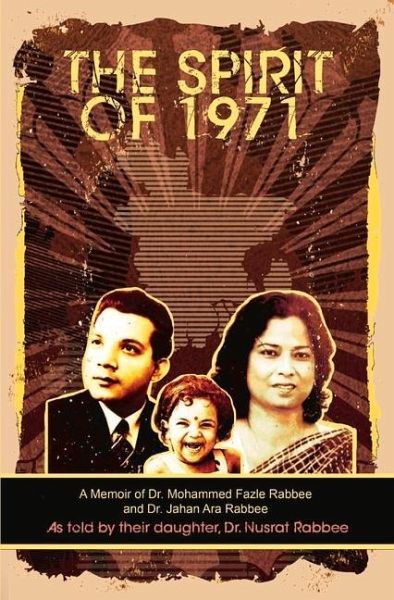
The Spirit of 1971: A Memoir of Dr. Mohammed Fazle Rabbee and Dr. Jahan Ara Rabbee
Versandkostenfrei!
Nicht lieferbar
In the 1960s, East Pakistan was a thriving, growing culture, aspiring to greatness, with Nusrat Rabbee's parents, Dr. Mohammed Fazle Rabbee and Dr. Jahan Ara Rabbee, leading the way. Each at the top of their medical careers, the Rabbees were pillars of the society and trusted advisors to neighbors, family, and friends. Then, in December of 1970, an election turned sour brought continued Martial Law to the land and a situation that crippled the progressive East Pakistani people from thriving in every way, especially economically. Over the course of nine terrifying months, East Pakistan fell und...
In the 1960s, East Pakistan was a thriving, growing culture, aspiring to greatness, with Nusrat Rabbee's parents, Dr. Mohammed Fazle Rabbee and Dr. Jahan Ara Rabbee, leading the way. Each at the top of their medical careers, the Rabbees were pillars of the society and trusted advisors to neighbors, family, and friends. Then, in December of 1970, an election turned sour brought continued Martial Law to the land and a situation that crippled the progressive East Pakistani people from thriving in every way, especially economically. Over the course of nine terrifying months, East Pakistan fell under attack from the Pakistani army, who attempted to take away their cultural, moral, and professional leadership all at once. It would take unimaginable destruction and countless deaths, including that of Dr. Nusrat Rabbee's beloved father, for the East Pakistani people to once regain their footing. After the fallout, and for the next several decades, Bangladesh has grown to become a mecca of growth and progress, though Dr. Rabbee reminds readers to not forget the sacrifices and strides made by the relentless champions of the first few decades, the martyrs for the cause of a free Bangladesh, and those few dedicated and educated leaders in every sector, who built the infrastructure and backbone from scratch. In this captivating account of 1971 and beyond, Dr. Rabbee provides readers with a firsthand account of the events that shaped her childhood and which sparked the birth of a nation. Through the lens of a poignant family story, she provides a deeply personal inside look at the violence, unrest, and aftermath of the war. Part memoir, part love story, and part historical text, The Spirit of 1971 gives deep insight and understanding into the history, ancestry, and heritage of country of Bangladesh, and is a must-read for anyone interested in the politics of the region during this tumultuous time.




